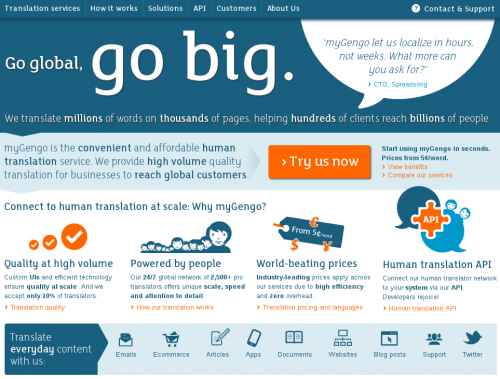Yandex, also known as “Russian Google”, recently introduced a service for salary comparisons across Russia, based on the known job vacancies. This is a handy little tool that provides a lot of insight into how things are in Russia and across. For example, I immediately checked the average salary for a computer programmer in Togliatty – my hometown.

23,000 Russian Rubles approximately equal to 530 Euros. On the same graph, average salaries for Moscow and Saint Petersburg are also indicated – 1,200 EUR and 1,500 EUR accordingly. Unfortunately I don’t have an equal or reliably objective resource for Cyprus, but based on my own knowledge and experience, I’d say at least in Limassol the average salary for a programmer would be somewhere around 2,000 EUR. Moscow’s 1,500 EUR is roughly the minimum, I’d say.
First of all, this graph once again confirms that Moscow and Russia are two different things. Prices, salaries and opportunities are very different. Even Saint Petersburg, which is the second richest city in Russia is obviously behind here. Togliatt’s average salary being almost 3 times less than the one for Moscow clearly indicates the huge difference.
Secondly, this makes me question (not that I haven’t before) all those bright and brilliant mass media reports of how fast the Russian economy is growing and of how well things are improving in the regions. With 500 EUR being an average salary for a qualified professional – economy has a very long way to go.
Thirdly, it is sad to see how stale the IT industry is in my hometown. The city of almost a million in population has only 55 vacancies for a programmer (according to Yandex only, of course). And out of those most are C++ and 1C (popular accounting software package) vacancies. There are a few web developer positions available, but for the city that large these are too few.


